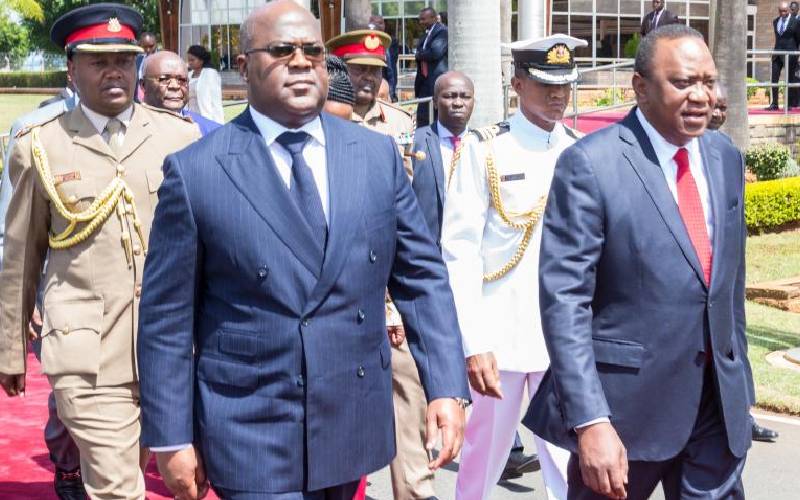This ambitious bill is designed to transform the police institution into a modern, professional, and accountable force capable of responding to the Democratic Republic of Congo’s evolving security landscape. If passed, it will become one of the largest police reform programs in the country’s history.
A Strategic Vision for a Reformed Police Force
According to the Ministry of Interior, the reform program has three central objectives:
- Reinforce the institutional and legal framework governing the police;
- Professionalize the police force through large-scale recruitment, training, and equipment modernization;
- Improve transparency and accountability, particularly in the areas of human rights, internal discipline, and public trust.
“This law is not just a technical tool; it is a political commitment to build a republican police force that serves the people and protects national unity,” said a senior official in the Ministry.
Budget and Priorities: A $2.3 Billion Investment Plan
The proposed $2.3 billion USD budget for the 2025–2029 period will be spread across several priority areas:
Component Estimated Allocation
Recruitment and training of 90,000 officers ~$800 million
Retirement and pension of 10,000 officers ~$200 million
Equipment (vehicles, ICT, arms, uniforms) ~$600 million
Infrastructure (stations, academies) ~$500 million
Oversight, internal controls, reform support ~$200 million
The government hopes to mobilize this funding through the national budget, but external partners and donors are also expected to play a role in supporting parts of the reform—particularly in training, digitalization, and human rights monitoring.
Key Features of the Reform
- Recruitment of 90,000 new police officers, with a focus on young people and gender balance;
- Retirement of 10,000 aging or unfit personnel, to rationalize the force and ensure generational renewal;
- Creation of a national police academy, designed to meet international standards;
- Modernization of policing methods, including the use of forensic tools, drones, and cybersecurity units;
- Enhanced citizen oversight mechanisms, such as independent complaint boards and community policing models.
- Political and Social Context
- The reform comes at a critical time for the DRC. Insecurity remains rampant in the eastern provinces, public trust in law enforcement is fragile, and international partners have long pushed for systemic reform in the security sector.
- President Félix Tshisekedi has made security sector reform a top priority of his second term, and this bill could serve as a flagship of his governance agenda. However, critics warn of implementation risks, including corruption, political interference, and lack of institutional continuity.
- Expected Timeline
- If adopted in the current parliamentary session, the implementation of the programming law would begin in early 2026, with pilot activities starting in selected provinces. The plan will be monitored by a multi-stakeholder steering committee composed of representatives from government, civil society, and international partners.
- The 2025–2029 Police Reform Programming Bill represents a rare opportunity to rebuild public confidence in the Congolese National Police and adapt it to 21st-century challenges. While the financial and logistical hurdles are significant, political will and sustained oversight will determine whether the reform will truly reshape policing in the DRC.





































